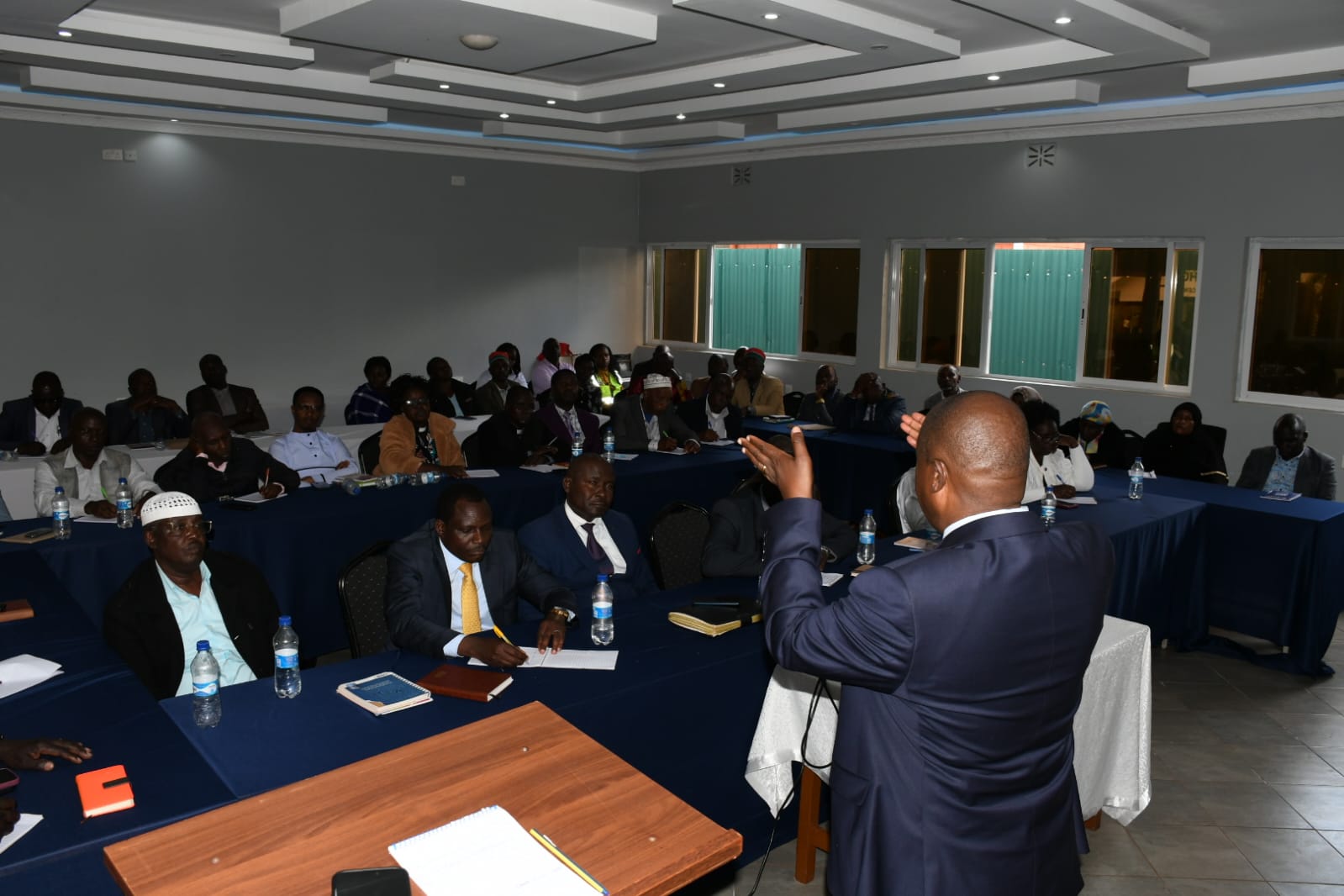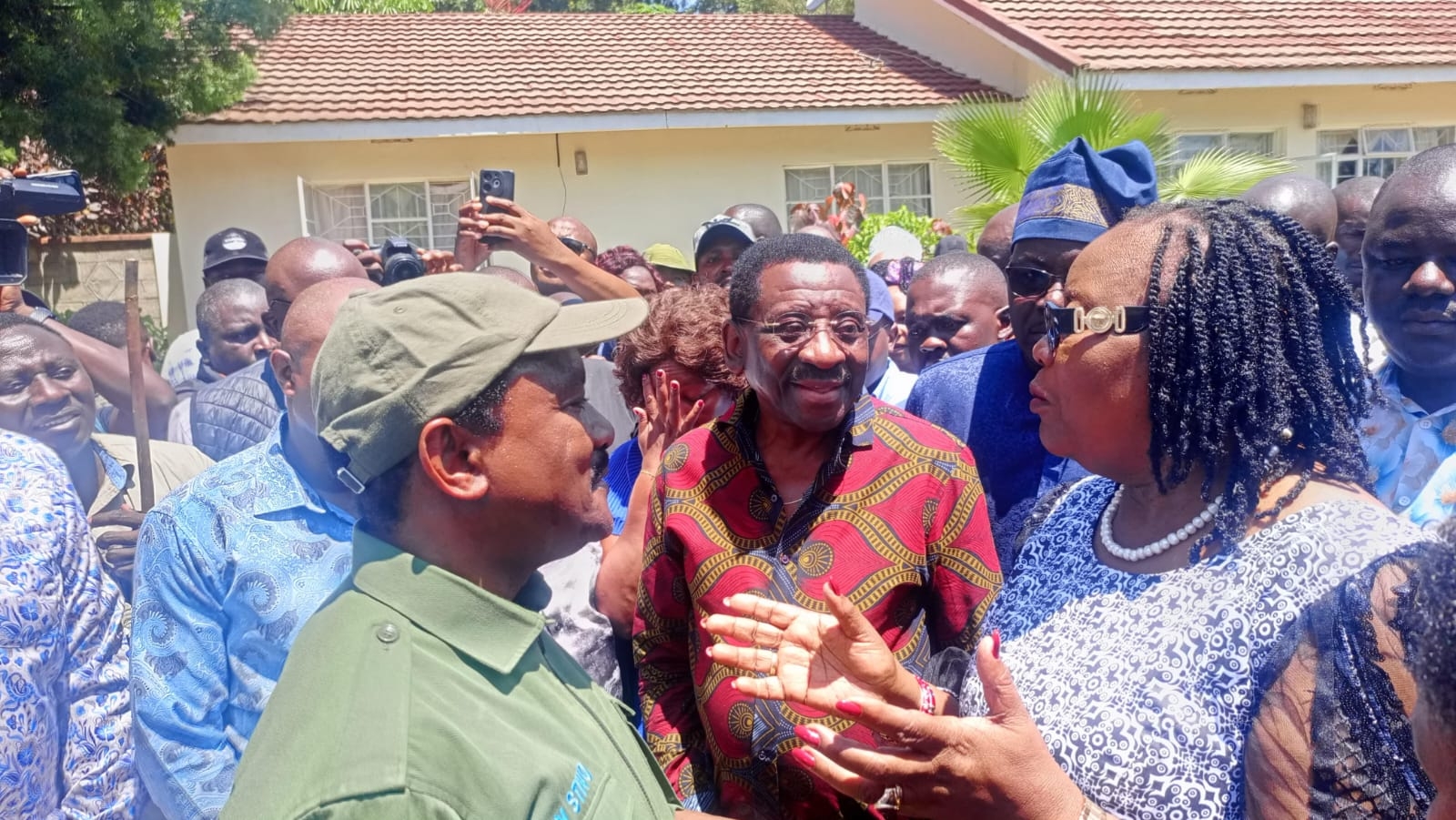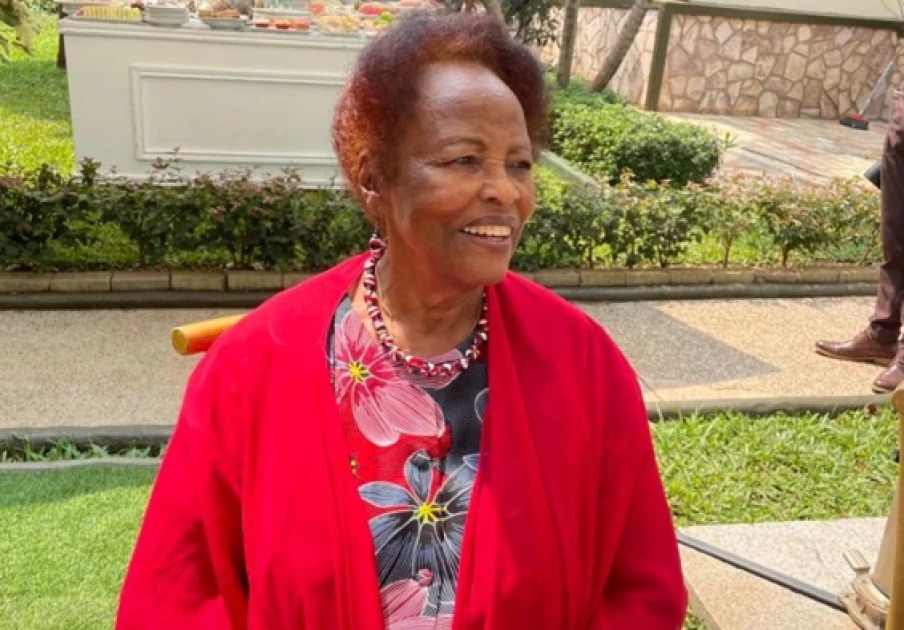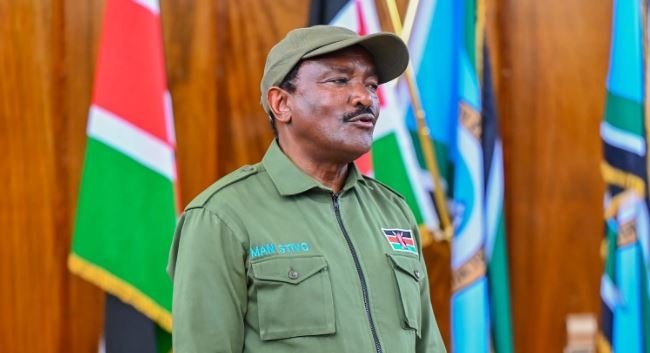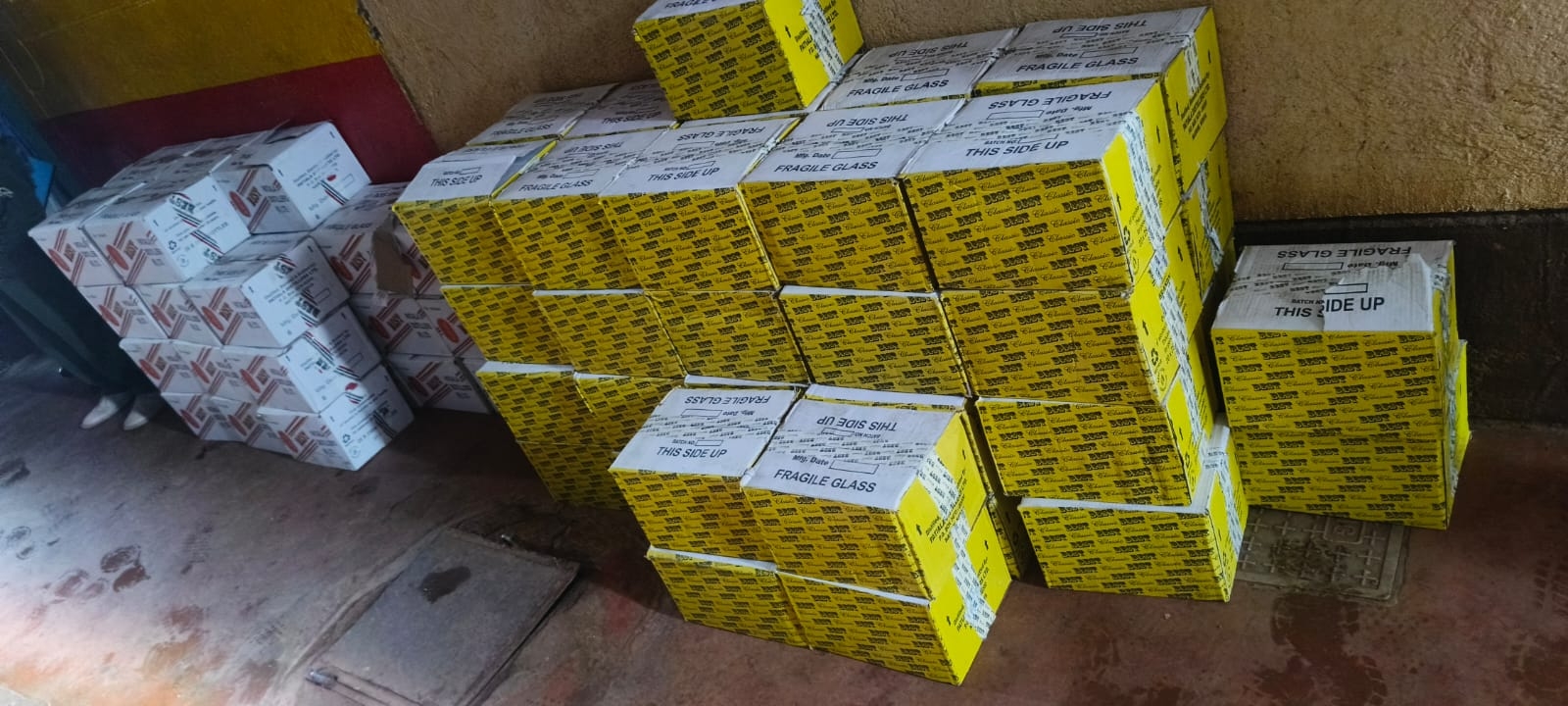
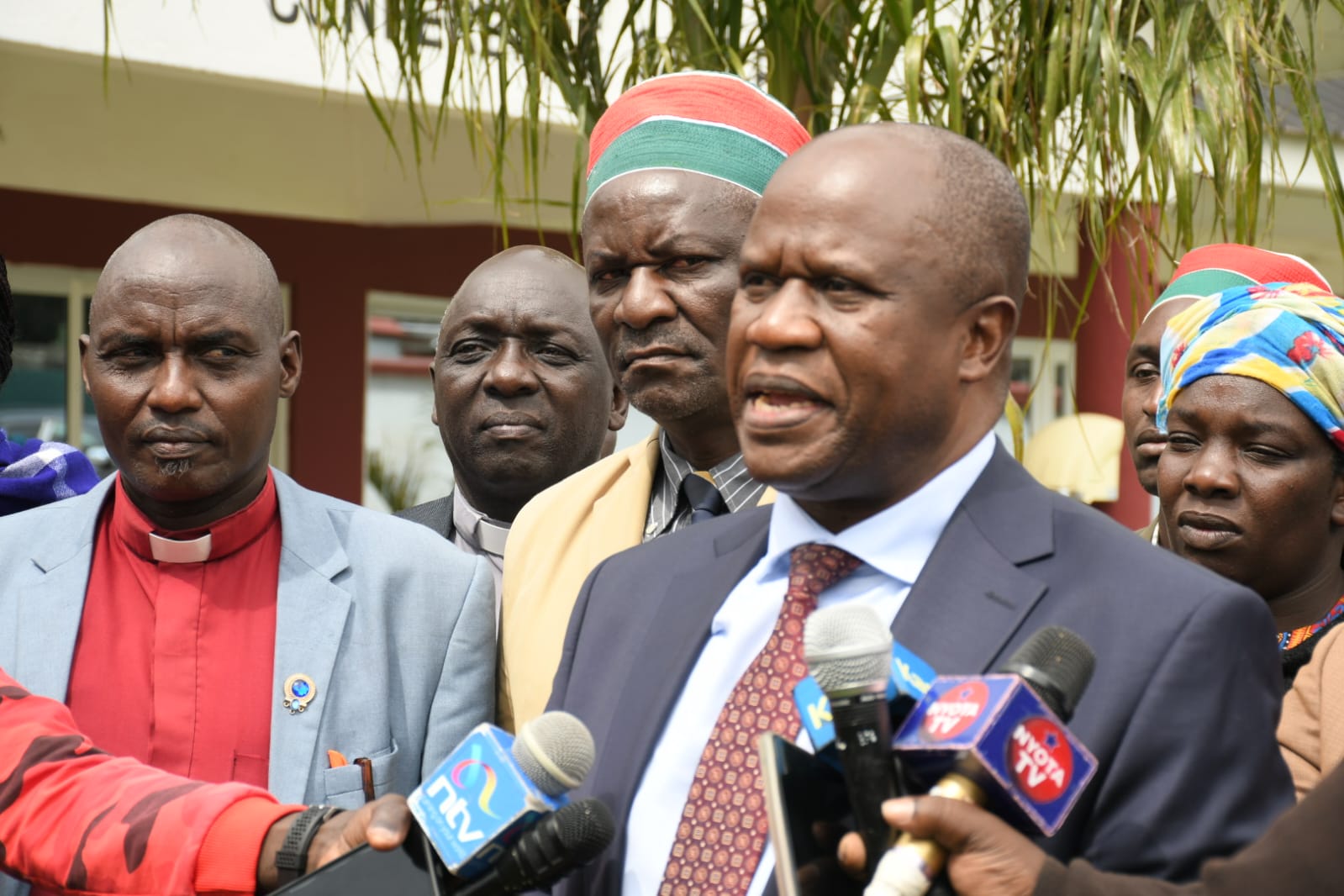
Demonstrating unity and purpose, the National Authority for the Campaign Against Alcohol and Drug Abuse (NACADA) held a sensitisation meeting with over 60 religious leaders in Kapsabet.
Led by NACADA Board Chair Bishop Rev Stephen Mairori, the session marked a significant step in strengthening community-based prevention of alcohol and drug abuse through faith-driven advocacy and collaboration.
Addressing the gathering, Bishop Mairori described religious leaders as “commanders on the frontline of a battle for the very soul of our communities,” emphasising that faith institutions have unparalleled influence in shaping values, mentoring youth, and healing families affected by addiction.
“While NACADA operates in the spheres of policy and enforcement, you minister in the most critical arena of all: the human heart. This makes our partnership not just beneficial, but essential,” he said.
Highlighting recent statistics, Mairori noted that alcohol remains the most abused substance in the Rift Valley region, with its devastating impact felt among the youth and working-age adults.
“These numbers represent the hidden faces in your congregation's families suffering in silence, shrouded in shame and fear,” he stated.
He urged faith leaders to utilise their pulpits to promote prevention, reduce stigma, and encourage rehabilitation for those battling addiction.
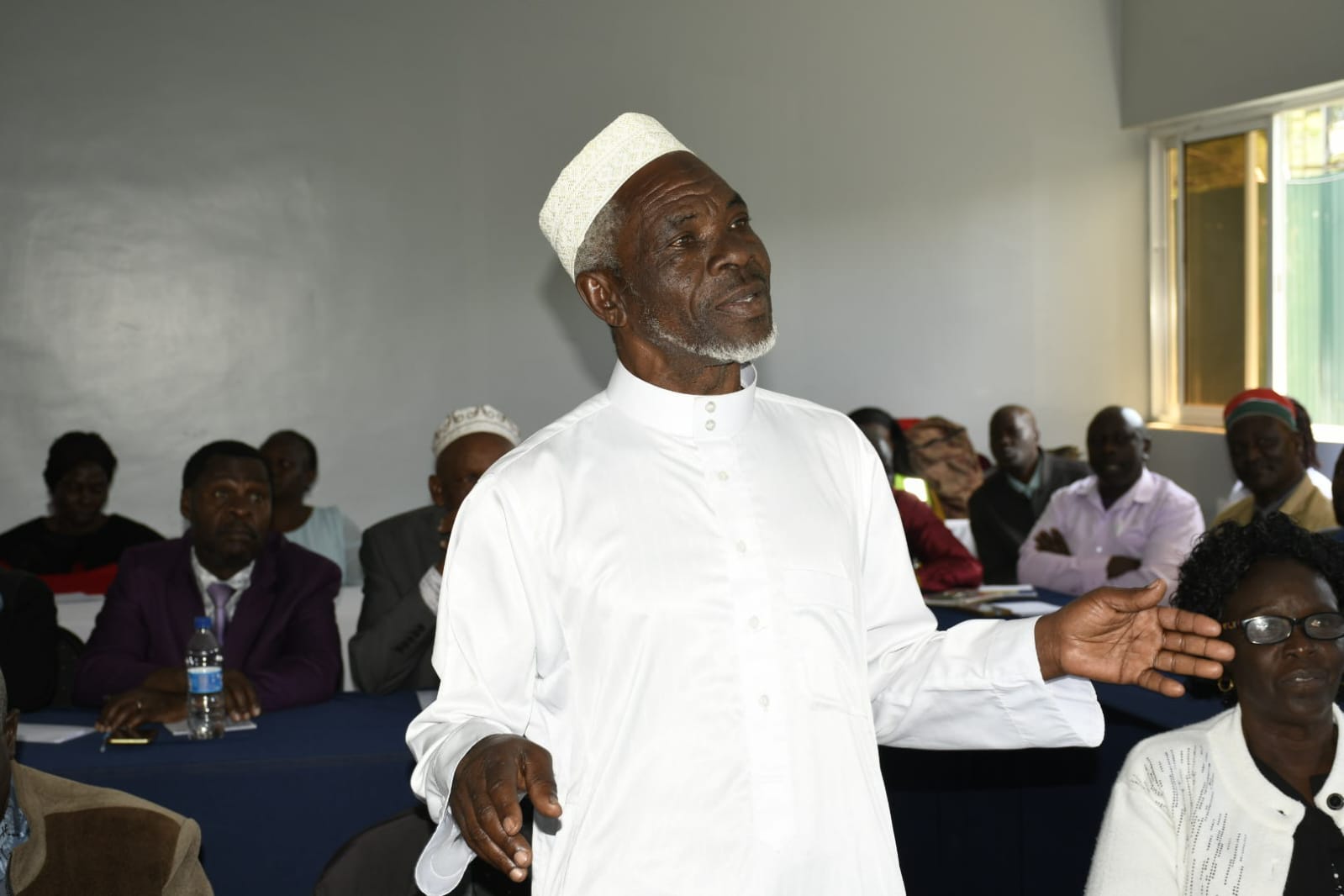
The NACADA Board Chair further reaffirmed the Authority’s commitment to strengthening collaboration with the faith sector under the ongoing Rapid Results Initiative (RRI) against alcohol and drug abuse.
“As breweries of despair work tirelessly, we must be the architects of hope,” he declared.
“Let today mark a covenant between NACADA and the faith community of Nandi County, a united stand that declares, enough.”
Leaders at the forum welcomed the partnership, pledging to extend the campaign to the grassroots. Rev. Peter Rono, Chairperson of the Nandi Interfaith Council, said, “The Church is ready to walk with NACADA in saving our people. When the pulpit speaks, the community listens.”
Sheikh Abdulahi Omar of the Kapsabet Muslim Welfare Group added, “Addiction knows no religion. We must speak with one voice, a moral voice that heals and restores.”
The sensitisation meeting was part of NACADA’s ongoing national effort to mobilise faith leaders as key allies in preventing drug use and promoting community wellbeing.
